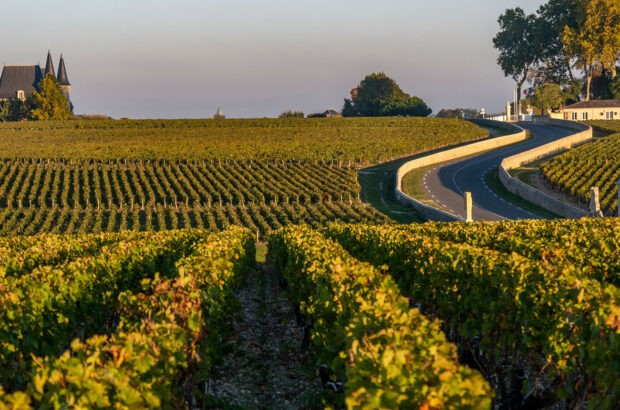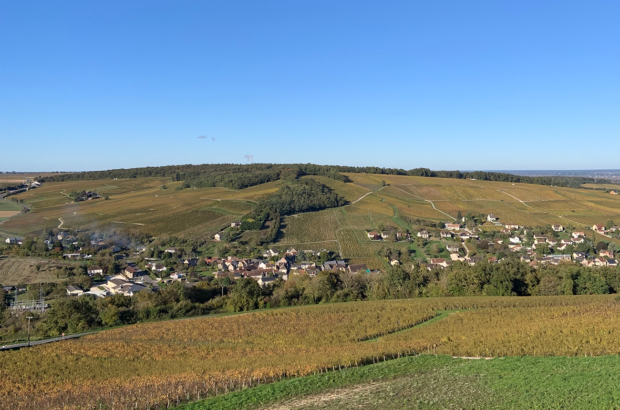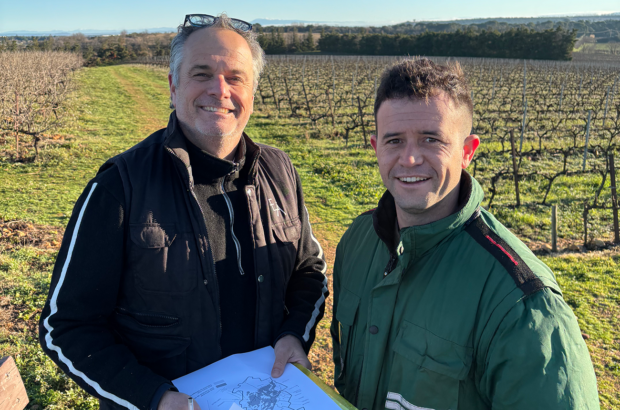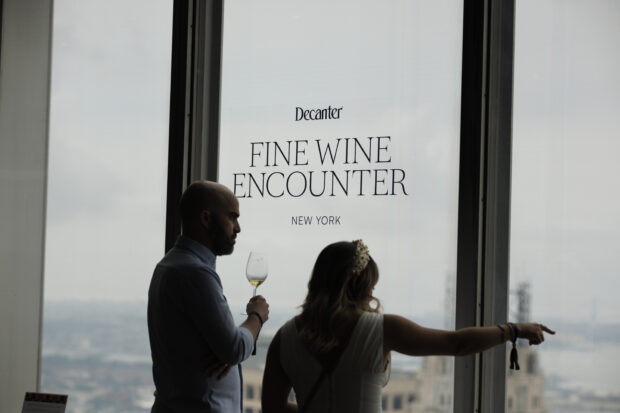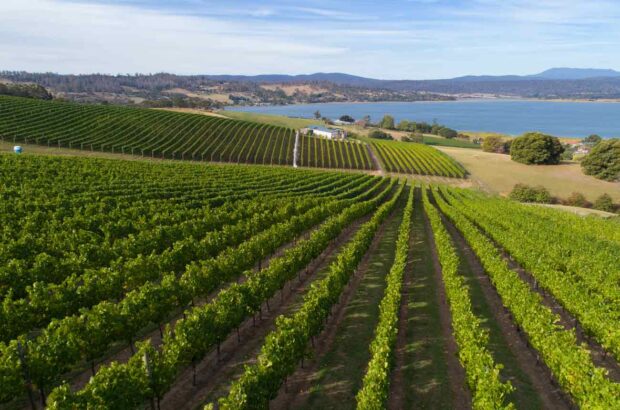Organic growers in Champagne believe they have 'proven themselves' in 2014 after a wet August increased tension with their non-organic counterparts over the use of sprays.
The 2014 harvest at Louis Roederer (Image: @Louis_Roederer_)
In the year that the Comite Champagne approved a new environmental directive, many growers are understood to have pushed the legally allowed sprays to the limit to protect their grapes during a very wet August.
Organic and biodynamic growers were criticised in private for their refusal to apply the recommended synthetic sprays. Neighbours feared disease contamination. Oidium and mildew rot were considered real risks, and there were also concerns about the number of wasps.
But, an unusually warm and sunny September helped to turn the situation around and several organic growers said they felt vindicated in sticking to their principles.
‘Overall, we have very little problems,’ Vincent Laval, president of the Organic Movement in Champagne, told Decanter.com. ‘We are very happy about the quality, with the fruit coming in at average alcohol level of 10.8%. This means we will not have to chaptalise. Furthermore, I am very happy with the quantity and we made the appellation [requirements] with a little bit left to spare. This proves that organic treatments can work even in difficult years.’
Johann Merle, vineyard manager at Roederer, which farms 65 hectares biodynamically, said biodynamic Pinot Noir from Verzenay and the Chardonnay from Avize had been exceptional this year. Since last vintage, Roederer’s Cristal and Cristal Rosé have been exclusively produced from biodynamic vineyards.
The house’s chef de cave, Jean-Baptiste Lecaillon, said biodynamic methods ‘add a pureness and extra vibrancy to the wines’.
Jean-Pierre Fleury, who has farmed biodynamically in Champagne 25 years, added, ‘We haven’t seen such big yet concentrated bunches in a few years.’
Some growers and producers believe organically farmed vines have developed stronger natural resistance to diseases, such as rot. Bruno Paillard, of the eponymous Champagne house, said he saw one third fewer ‘botrytis attacks’ in his organic vineyards, versus conventional ones.
The overall vintage picture in Champagne was looking promising at the end of picking, thanks to a warm spring and good September weather. Paillard declared Chardonnay the early varietal winner.
The Comite Champagne set 2014 maximum yields to 10,500kg/ha, of which 400kg had to come from the grower’s individual reserve. Another 3,100kg/ha can be used to replenish reserves. Harvest began on 8 September.
Written by Caroline Henry in Champagne and Chris Mercer



